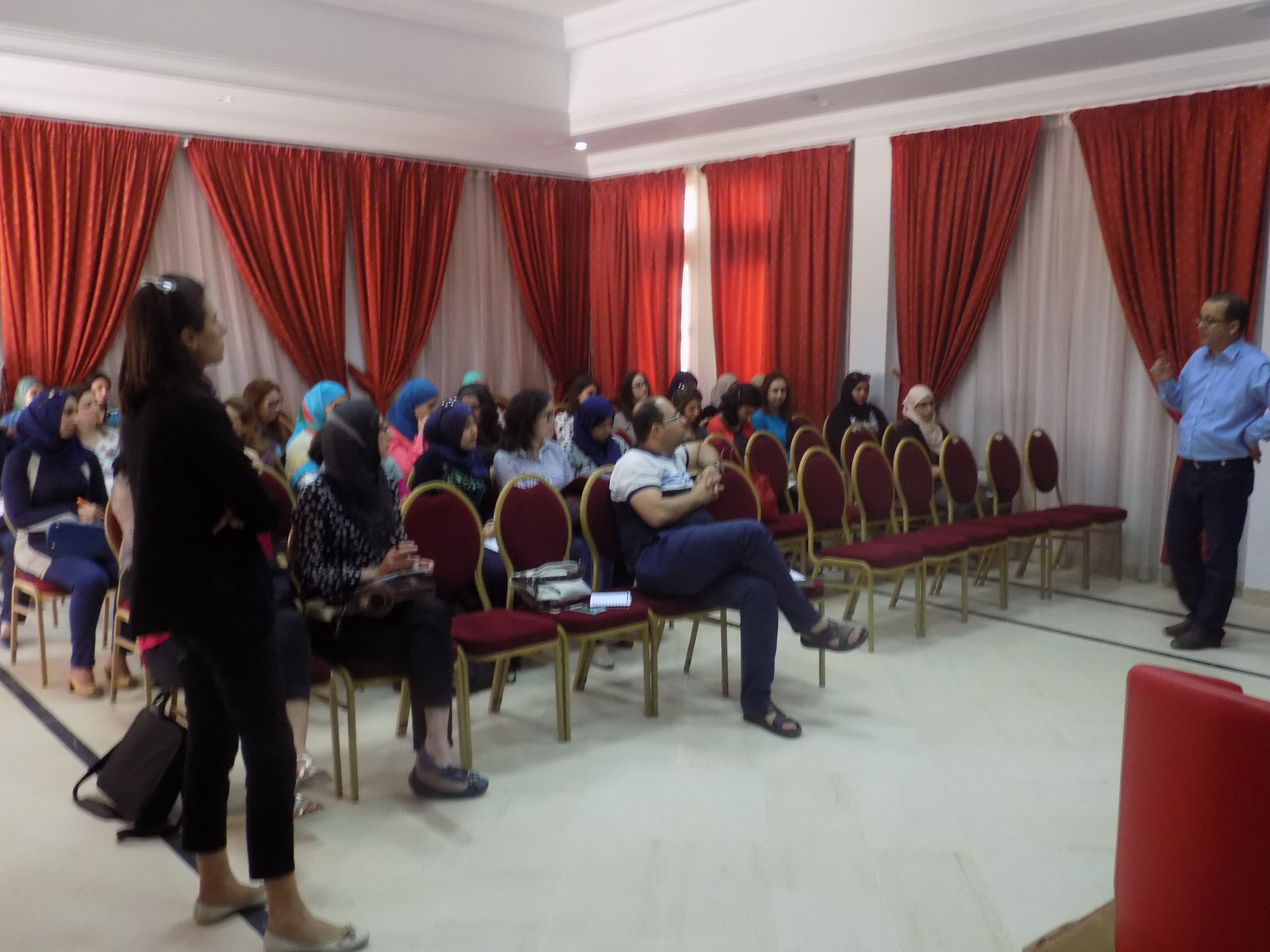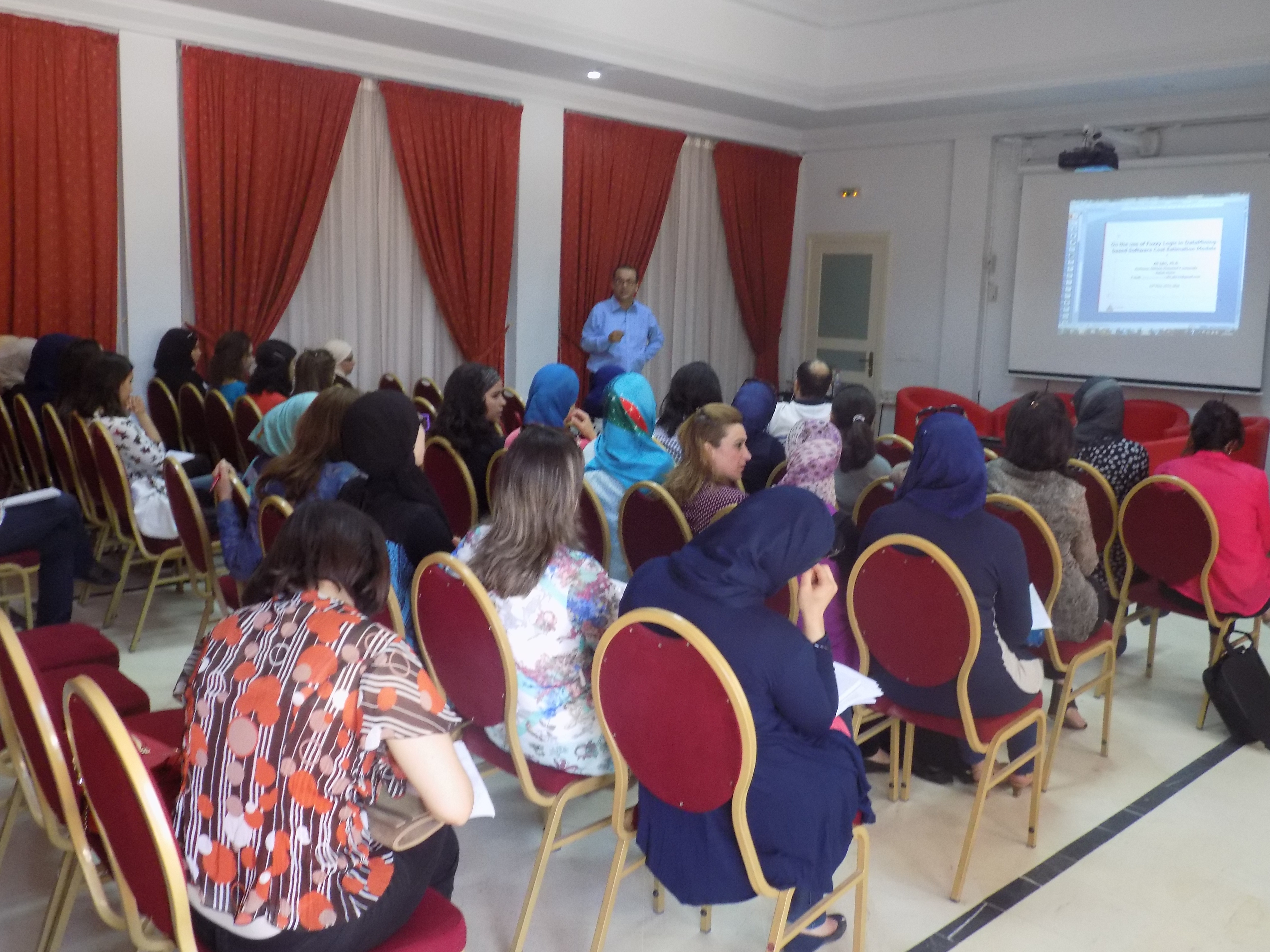Le laboratoire MIRACL invite le Professeur Ali IDRI de l’Université Mohamed V, Rabat, Morocco pour une conférence intitulée « Analogy based Software Development Effort Estimation » et ceci le mercredi 13 Mai 2015 à 10h à l’ISIMS dans la salle des thèses.
Biography:
Dr Ali Idri is a Professor at Computer Science and Systems Analysis School (ENSIAS, University Mohamed V, Rabat, Morocco). He received DEA (Master)(1994) and Doctorate of 3rd Cycle (1997) degrees in Computer Science, both from the University Mohamed V of Rabat. He has received his Ph.D. (2003) in Cognitive Computer Sciences from University of Quebec at Montreal. He is the head of the Software Project Management research team since 2010. He is the chairman of the 10th International conference in Intelligent Systems: Theories and Applications (SITA 2015) and he serves as a member of program committee of major international journals and conference. His research interests include software effort/cost estimation, software metrics, software quality, computational intelligence in software engineering, data mining, e-health. He has published more than 90 papers in several international journals and conferences.
Abstract:
Analogy-based software development effort/cost estimation has recently emerged as a promising technique and a viable alternative to other conventional estimation methods. One of the most important research areas for analogy-based cost estimation is how to predict the effort of software projects when they are described by both numerical and categorical data. To address this issue, we have proposed a new approach called fuzzy analogy combining the key features of fuzzy logic and analogy based reasoning. The performance of the proposed approach was compared with that of classical analogy using many historical software project datasets (ISBSG, COCOMO81, Tukutuku, Desharnais, etc.).The obtained results show significant improvement in estimation accuracy.

